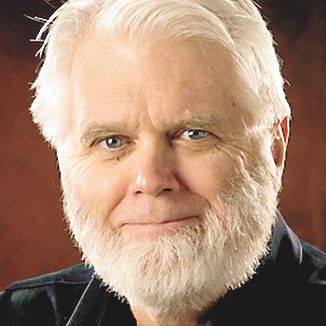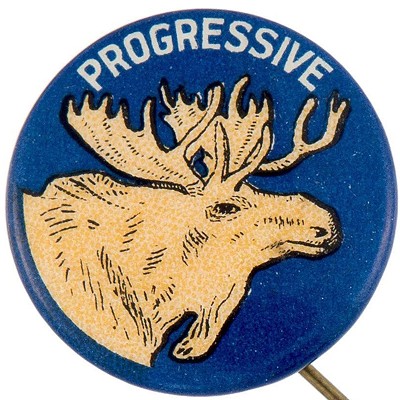I'm old enough to remember Sputnik. Very scary. The Russians were ahead of us. What to do? President John Kennedy would later ask what we could do for our country, vowing to beat the Soviet Union to the moon — which we did. Congress passed the National Defense Education Act, and, overnight, students headed into engineering, science or technology — it was the '50s version of STEM (Science, Technology, Engineering and Mathematics).
These students took themselves so very seriously. One wrote a letter to the school newspaper urging fellow students to show more appreciation: "When you see a student with a slide rule in his belt, stop and say, 'Hi engineer!'" It was that bad. Today we're seeing the replay of post-Sputnik — with the same results. The humanities, arts and social sciences are being marginalized as STEM has the momentum.
But it doesn't have to be one or the other. Nor should it rest on stultifying and meaningless standardized tests. So how can we strengthen and integrate the traditional disciplines instead of, as STEM is doing, marginalizing all except those that have political heft at the moment?
To answer that question, I invite you to read the following excerpts from an actual 2015 school curriculum:
ENGLISH: Building writing around strong central ideas or points of view; supporting the ideas with sound reasoning and evidence, precise word choices, smooth transitions, and different sentence structures... Learning how authors support their ideas through word choice, sentence and paragraph structure, and other methods...
MATHEMATICS: Work with radicals and integer exponents... Understand the connections between proportional relationships, lines and linear equations... Analyze and solve linear equations and pairs of simultaneous linear equations...
SCIENCE: Science is a way of knowing, a process for gaining knowledge and understanding of the natural world. Students will participate in a hands-on active curriculum where they "do" science, not simply read about science, to emphasize the importance of science in their daily lives.
SOCIAL STUDIES: Students will study United States history with an emphasis in the 18th and 19th centuries on the Age of Exploration through Reconstruction and the western movement. There will be ongoing studies of current events in the United States as time permits.
This all comes from the academic curriculum of the Cathedral of Madeleine Choir School in Salt Lake City, Utah. (The complete curriculum, along with YouTube clips of their performances, can be found on the school's website: www.utmcs.org.)
In addition to English, math, science and social studies, all students are required to take a rigorous religious studies sequence which calls for them to view religion and faith as part of the endless "human search for meaning and purpose." They learn the Catholic liturgy while studying theology and church history from the earliest days, through the Medieval and Reformation Church to the present.
Foreign language is extensive, too, and begins in kindergarten. The school stresses the importance of understanding across both language and cultural borders. They seek to turn out students who are bilingual and who, through their training, have come to better understand and appreciate cultural differences.
And now about music — this is a choir school, after all, one of only eight in the United States. Music education and training, to no surprise, is extensive — instrumental and vocal training, regular performances, touring and recording sessions. Students learn music history and music theory and come to better understand both through the "eras" — Baroque, classical, Romanticism and 20th century.
So instead of the usual compartmentalization and specialization now on the march, the Madeleine Choir school views education to be integration, harmony, exploration, experimentation, expression and, yes, discipline. Music, for example, can be viewed as both a language and discipline; about harmony and expression. It should never be marginalized.
And the thing is, in the "real world," real people engaged in doing important things understand this, even if educators sometimes don't. There was the senior bank executive who told his three children that if they majored in English literature, he would pay every dime. Or the well-known Spokane developer who told my Gonzaga students that while he has two degrees from GU — engineering and law — it has been the four philosophy courses he took that have had the biggest impact on his life.
Their mission statement reflects these sentiments: "The Madeleine Choir School, a Roman Catholic School in the Cathedral tradition, inspires young people to become engaged scholars, effective communicators, dedicated liturgical musicians, and responsible world citizens who seek to build a civilization of justice, mercy and love."
By the way, this curriculum? It applies to their eighth-grade students! ♦



















